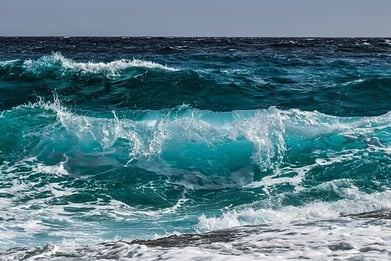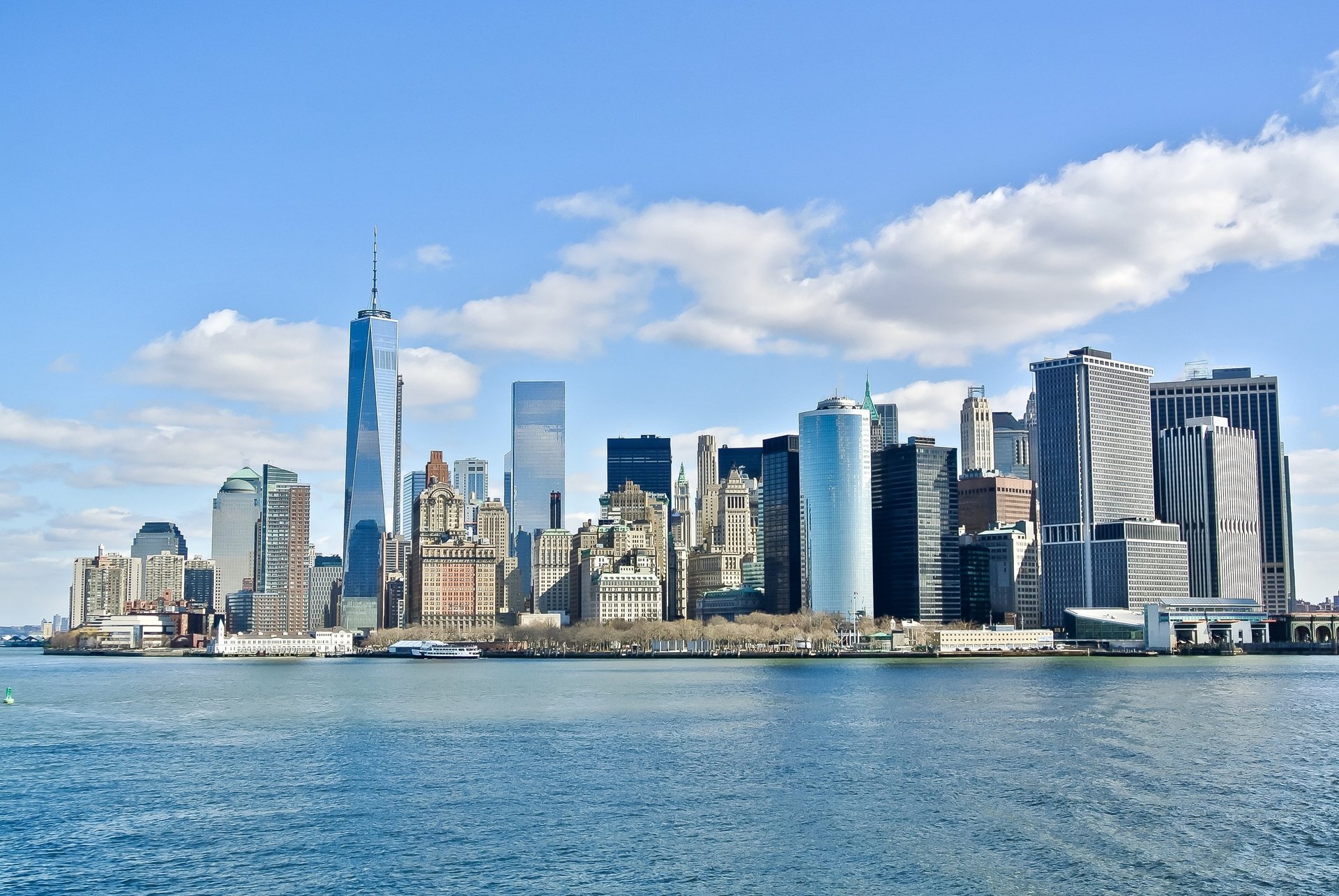

Oceans
1. Warm-Up
How many oceans can you name?
Why do you think the ocean is important for life on Earth?
What can people do to protect the oceans from pollution?
2. Vocabulary
Marine: Related to the sea or ocean.
Ecosystem: A community of living things and their environment.
Coral Reef: A structure made by small sea creatures called corals.
Current: A movement of water in the ocean.
Biodiversity: The variety of life in a particular place.
3. Read the following text and pay attention to the vocabulary:
Oceans: The Earth's Blue Heart
Oceans cover more than 70% of our planet’s surface and are vital to all forms of life. They regulate the Earth’s temperature, provide food, and produce most of the oxygen we breathe. Oceans are home to an incredible variety of life, from tiny plankton to massive blue whales.
The Five Oceans
There are five main oceans: the Pacific, Atlantic, Indian, Southern, and Arctic Oceans. The Pacific Ocean is the largest and deepest, containing the Mariana Trench, the deepest point on Earth. The Atlantic Ocean is famous for its busy trade routes and the Gulf Stream, a warm ocean current that affects weather in Europe and North America.
The Indian Ocean is known for its warm waters and tropical climate, while the Southern Ocean surrounds Antarctica with its icy waters. The Arctic Ocean, the smallest and shallowest, is covered in ice for much of the year and is home to polar bears and seals.
Why Are Oceans Important?
Oceans are essential for life on Earth. They absorb carbon dioxide, helping to slow climate change. They also provide food for billions of people, with fish and other seafood being a key source of protein. Oceans support tourism, transportation, and even medicine, as many drugs are developed from marine organisms.
However, oceans are under threat. Pollution, overfishing, and climate change are damaging marine ecosystems. Plastic waste is particularly harmful, as it can kill sea creatures and pollute the water.
Fascinating Facts
The Great Barrier Reef in Australia is the world’s largest coral reef system.
Blue whales, the largest animals on Earth, can grow up to 30 meters long.
The ocean produces over 50% of the oxygen we breathe
Activities
1. Think About This
Why do you think oceans are often called "the Earth's blue heart"?
Have you ever visited the ocean? What did you see or do there?
2. Comprehension Questions
Which ocean is the largest?
a) Atlantic
b) Pacific
c) IndianWhat is the Gulf Stream?
a) A coral reef
b) A deep ocean trench
c) A warm ocean currentWhich ocean surrounds Antarctica?
a) Indian Ocean
b) Southern Ocean
c) Arctic OceanWhat is one way oceans help slow climate change?
(Write one reason from the text.)Why are oceans under threat?
(Write one reason from the text.)
6. Match the Words to Their Meanings
a) Marine
b) Ecosystem
c) Coral Reef
d) Current
e) Biodiversity
A movement of water in the ocean
A community of living things and their environment
Related to the sea or ocean
The variety of life in a particular place
A structure made by small sea creatures called corals
7. True or False
The Mariana Trench is the deepest point on Earth. T/F
Oceans produce less than 10% of the oxygen we breathe. T/F
Plastic pollution harms marine life. T/F
8. Creative Writing
Imagine you are a scientist exploring the ocean. What do you discover, and how do you feel about it?
Describe your perfect day at the beach. What do you see, hear, and feel?
9. Research Activity
Choose an ocean animal you find fascinating. Where does it live? What does it eat? Share one interesting fact about it.

Contact
info@masterenglishinstitute.com
